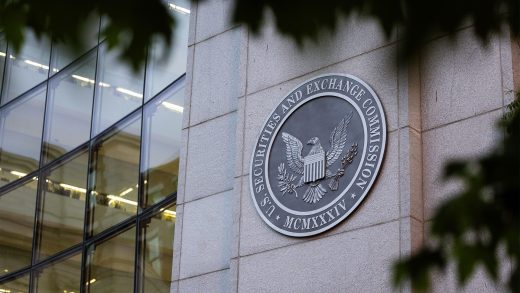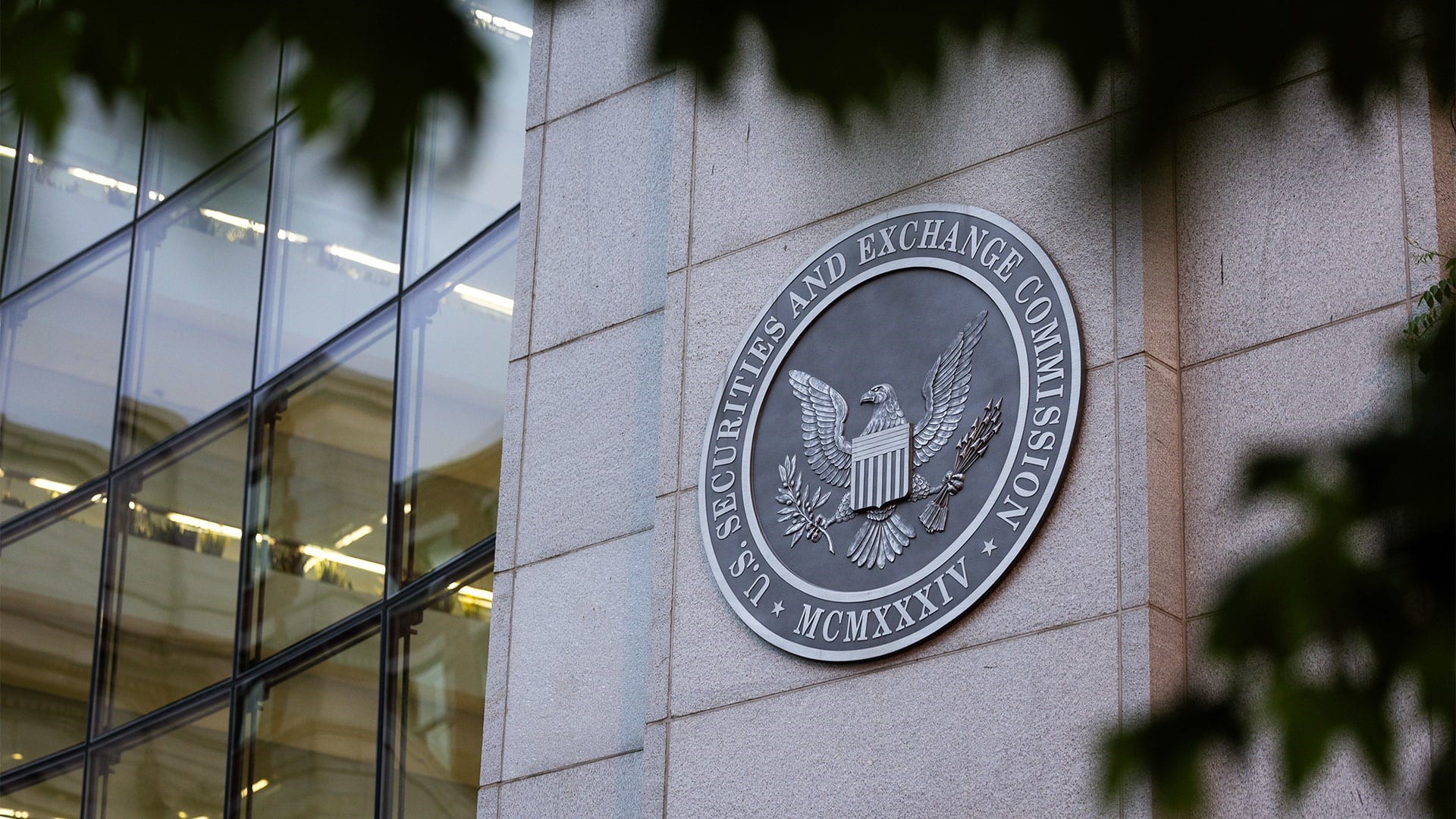SEC sues former CEO of Trump Media SPAC company for fraud
SEC sues former CEO of Trump Media SPAC company for fraud
The SEC claims the former CEO of Digital World Acquisition Corp. lied about the company’s relationship with Trump Media before it went public.
BY Chris Morris
The Securities and Exchange Commission (SEC) is suing the former CEO of the SPAC that took Trump Media public via a merger, alleging he lied about plans to combine his company with Trump’s.
Patrick Orlando is accused of making “false and misleading statements and omissions” in SEC filings, specifically in saying Digital World Acquisition Corp. (DWAC) did not intend to merge with any company and had had no discussions or contacts with potential merger targets prior to DWAC’s public listing.
“Orlando knew these statements were false because he had personally engaged in numerous lengthy discussions with representatives of Trump Media & Technology Group Corp. (TMTG) . . . and because he had targeted TMTG for merger with DWAC for months,” the SEC alleged in the complaint, filed in the U.S. District Court in the District of Columbia.
Officials are asking the court to require Orlando to surrender “all ill-gotten gains” from the merger, along with interest and civil penalties. Trump Media was not named as a defendant.
Neither Trump Media nor Orlando responded to Fast Company’s request for comment about the allegations.
SPACs are publicly traded blank-check companies launched to merge with a private company, which then takes over its stock exchange listing. Discussions with possible merger partners are not allowed before the SPAC goes public—and SPAC founders are not supposed to be able to take their companies public with a target already identified.
The suit alleges Orlando began merger negotiations with Trump Media in February 2021, before DWAC had filed for its IPO. In the spring and summer of that year, the SEC alleges, Orlando signed S1 papers that falsely stated the company had not selected a merger target or had discussions. The IPO for DWAC occurred on September 8 of that year.
A month later, it announced an agreement to merge with Trump Media—and saw its stock price rise more than 400% in a single day.
The SEC’s suspicions about the company could be the reason the merger took as long as it did. In December 2021, regulators announced they were probing the SPAC deal, specifically focusing on information related to “a review of trading” that took place ahead of the October 20 announcement. The New York Times had earlier reported that Orlando and Trump had discussed a merger long before DWAC went public.
Then, in June of 2022, DWAC said securities regulators were seeking additional documents and information about the proposed merger with Trump Media. Specifically, it said, authorities were interested in “communications regarding and due diligence of potential targets other than [Trump’s company].”
DWAC and Trump TMTG closed their merger in March of this year. The stock, which is now traded under the symbol DJT, is down 25% since the deal was finalized.
Regulators have continued looking into the company, though. In May, the SEC charged the auditor of Donald Trump’s Trump Media with “massive fraud,” saying audit firm BF Borgers’s staff had “copied work papers from previous engagements for their clients, changing only the relevant dates.” The company agreed to pay a $12 million fine and its owner paid an additional $2 million penalty. Both BF Borger and its owner have also been permanently suspended from acting as accountants before the SEC moving forward.
Trump’s deal with DWAC gave him virtually unlimited power at the company. An SEC filing from May of 2022 noted that no personal or political conduct could be considered terms of a breach of the agreement, even if it was “dishonest, illegal, immoral, or unethical.” Trump will also have the power to elect who sits on the board of directors and can potentially block matters that would normally require stockholder approval, including the acquisition of the company.
ABOUT THE AUTHOR
(10)



